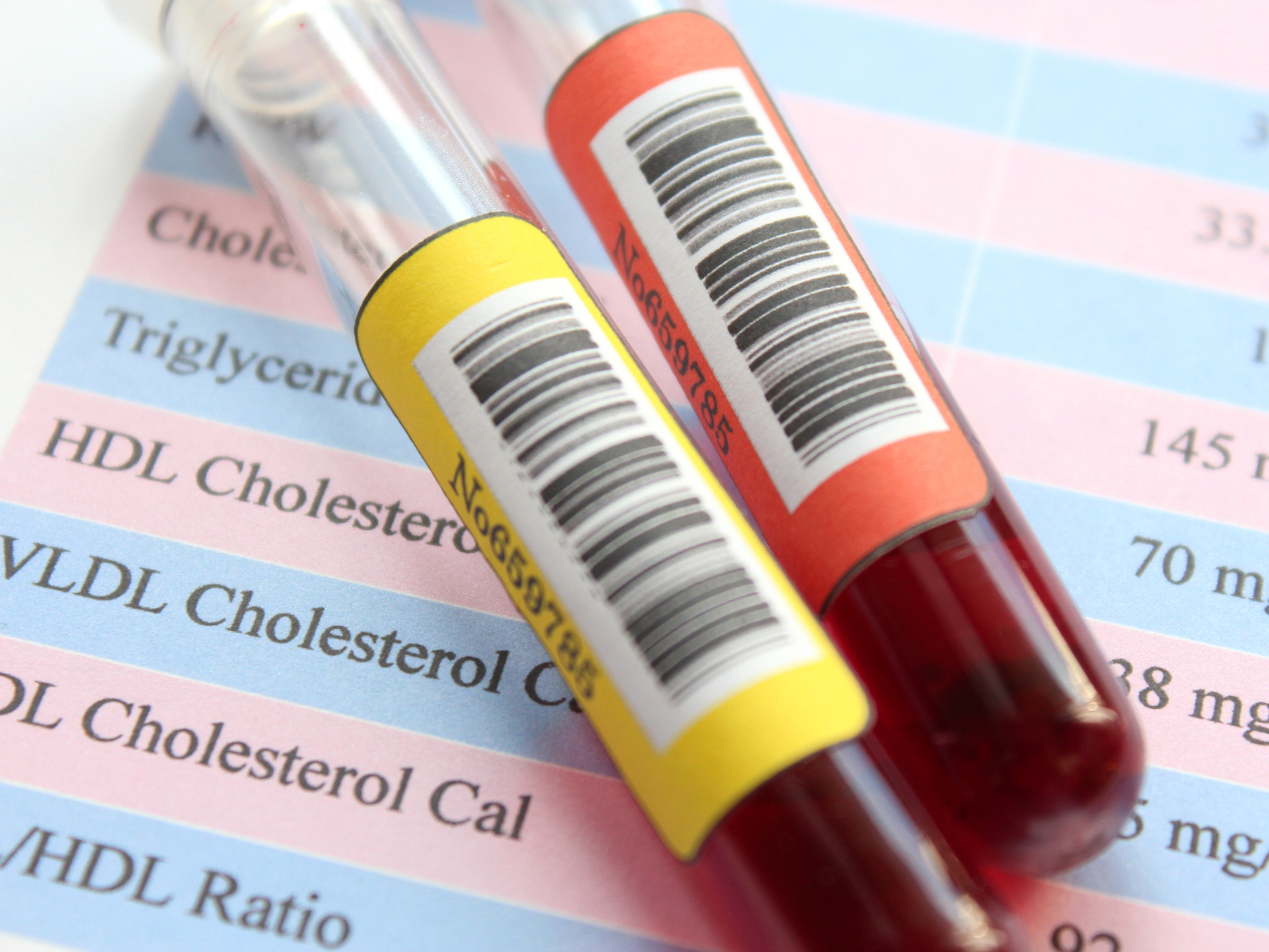Get Easy Health Digest™ in your inbox and don’t miss a thing when you subscribe today. Plus, get the free bonus report, Mother Nature’s Tips, Tricks and Remedies for Cholesterol, Blood Pressure & Blood Sugar as my way of saying welcome to the community!
What really matters about cholesterol in the big scheme of things

Cholesterol remains one of the most confusing areas of both nutrition and heart health.
So, I’ll break it all down for you here…
First, you need to know the difference between dietary cholesterol and blood cholesterol. I’ll get right to the point: Focus on blood cholesterol; don’t get too hung up on the cholesterol content of foods.
Here’s why…
Dietary cholesterol is a scapegoat
It’s been known for years that the cholesterol you find in foods is NOT the biggest driver of blood cholesterol levels.
It turns out that the vast majority of cholesterol circulating in your bloodstream is manufactured inside your body — in response to the totality of your diet.
So despite the name, the cholesterol number you see on food labels is fairly meaningless. It’s the overall composition of the food — and especially what type of fats and carbs it contains — that determines blood cholesterol levels.
So whole eggs and meat pose problems not because they’re high in dietary cholesterol, but because they’re also high in animal-based saturated fat. The combination raises blood cholesterol.
Shrimp, on the other hand, are high in dietary cholesterol but very low in fat, so blood cholesterol levels are much less impacted when you eat shrimp (unless you douse them in butter or eat them in large quantities).
Meanwhile, as I explained in last week’s blog, loading up on simple carbs will raise blood cholesterol levels even if those carbs are cholesterol- and fat-free. That’s why the dietary pattern that used to be advocated by the American Heart Association (low-fat, low-cholesterol) ended up backfiring.
On to blood cholesterol: Here’s where doctors and guidelines come into play — and yes, the potential for more confusion…
Blood cholesterol should be your focus
Blood cholesterol is measured with a blood test, and in general, it’s the LDL (bad cholesterol) that is the main focus of treatment. But whether or not cholesterol-lowering drugs are recommended depends on other factors as well.
The newest guidelines, issued in 2018, bring lots of numbers into an equation in order to estimate the risk of an individual experiencing a heart event over the next 10 years. Any calculated risk greater than 7.5 percent qualifies a patient for statins — no matter what their blood cholesterol number is. So even a person with low LDL can end up getting a prescription for a drug.
For example, patients who have already had a heart event (like heart attack, stroke, bypass surgery, stent), and patients with diabetes are at such a high risk that they are routinely prescribed statins regardless of baseline cholesterol readings.
And because age is such a powerful driver of that calculated risk, many people get offered a prescription simply on the basis of their birth date. Even though that makes theoretical sense — after all, as people get older the chances that they experience a heart event go up — that means all men over 65 and all women over 70 could get offered a prescription.
If you feel that you might fall into this age-driven category and would prefer to avoid statin drugs, ask your physician if you might be a candidate for a coronary calcium scan. The test is safe, not expensive, well-validated, and can help refine risk estimation on an individual basis.
Bottom line: you can stop worrying about the cholesterol content of foods. Focus on overall food quality instead. And know that if you eat a whole food plant-based diet you will automatically reduce your intake of simple carbs and saturated fats, thus helping to keep your blood cholesterol down. And start thinking about blood cholesterol as an important marker of health risk — but not the only one.













